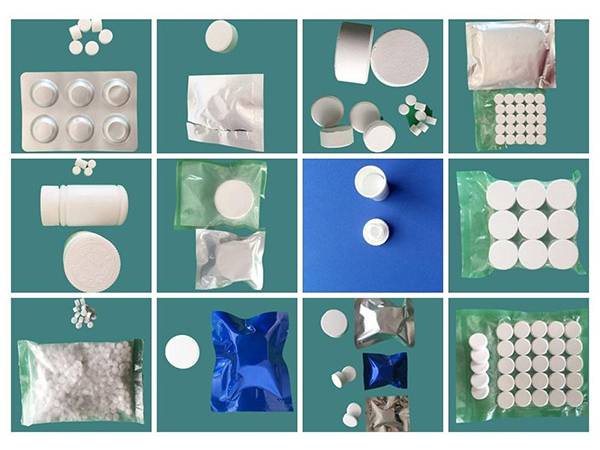



Chemical Treatments for Efficient Wastewater Management and Treatment Solutions
What Chemical is Used to Treat Wastewater?
Wastewater treatment is crucial for protecting public health and preserving the environment. As urbanization and industrial activities grow, effective treatment of wastewater becomes increasingly important. Various chemicals are used in wastewater treatment, each playing a unique role in purifying water before it is released back into the environment or reused. This article delves into the chemicals commonly used in wastewater treatment processes, examining their functions and importance.
One of the primary chemicals utilized in wastewater treatment is chlorine. Chlorination is a widely used disinfection method that effectively kills bacteria, viruses, and other pathogens present in wastewater. While chlorine is highly effective, it must be used cautiously, as residual chlorine can be harmful to aquatic life if the treated water is discharged into natural water bodies. Therefore, dechlorination processes are often employed to remove excess chlorine before effluent release.
Another essential chemical is aluminum sulfate, commonly referred to as alum. Alum is primarily used as a coagulant in the preliminary treatment phase of wastewater. It helps remove suspended solids by causing tiny particles to clump together, forming larger aggregates that can be easily filtered out. This process, known as coagulation and flocculation, enhances the efficiency of subsequent treatment stages, allowing for clearer and cleaner effluent.
Polymeric coagulants, such as polyaluminum chloride (PAC), are also gaining popularity due to their efficiency and effectiveness at lower doses compared to traditional alum. These chemicals not only aid in the coagulation process but also reduce sludge production, making them an attractive option for modern wastewater treatment facilities.
what chemical is used to treat wastewater

In addition to coagulants, flocculants like cationic and anionic polymers are utilized for their ability to bind particles together in a flocculation process. This method speeds up the settling of solids in sedimentation tanks, further clarifying the wastewater. The choice of flocculant depends on the specific characteristics of the wastewater being treated and aims to maximize the removal of impurities.
pH adjustment is another critical aspect of wastewater treatment. Chemicals such as sulfuric acid or sodium hydroxide are frequently employed to adjust the pH levels of wastewater, which can be crucial for optimizing chemical reactions and enhancing the efficacy of treatment processes. The correct pH level greatly influences the solubility and availability of various pollutants, thus improving overall treatment efficiency.
Furthermore, advanced oxidation processes (AOPs) have emerged as an innovative solution for treating resistant organic pollutants in wastewater. A combination of chemicals such as hydrogen peroxide, ozone, and ultraviolet (UV) light can generate highly reactive hydroxyl radicals, which can effectively break down complex organic compounds. This method is particularly valuable for treating industrial effluents that contain persistent chemicals.
Lastly, biosolids treatment often requires specific additives to stabilize the treated sludge and enhance its safety for disposal or land application. Lime is commonly used for this purpose, as it raises the pH and reduces pathogens, making the biosolids safer for agricultural use.
In conclusion, a variety of chemicals play integral roles in the treatment of wastewater, each serving distinct functions that contribute to the overall effectiveness of the treatment process. From disinfection agents like chlorine to coagulants such as aluminum sulfate and innovations like advanced oxidation processes, the careful selection and application of these chemicals are essential in ensuring that wastewater is treated efficiently and sustainably. As technology advances and regulations become stricter, ongoing research into new chemicals and methods will be crucial for enhancing wastewater treatment practices, protecting public health, and preserving our natural resources.
-
Why Sodium Persulfate Is Everywhere NowNewsJul.07,2025
-
Why Polyacrylamide Is in High DemandNewsJul.07,2025
-
Understanding Paint Chemicals and Their ApplicationsNewsJul.07,2025
-
Smart Use Of Mining ChemicalsNewsJul.07,2025
-
Practical Uses of Potassium MonopersulfateNewsJul.07,2025
-
Agrochemicals In Real FarmingNewsJul.07,2025
-
Sodium Chlorite Hot UsesNewsJul.01,2025










